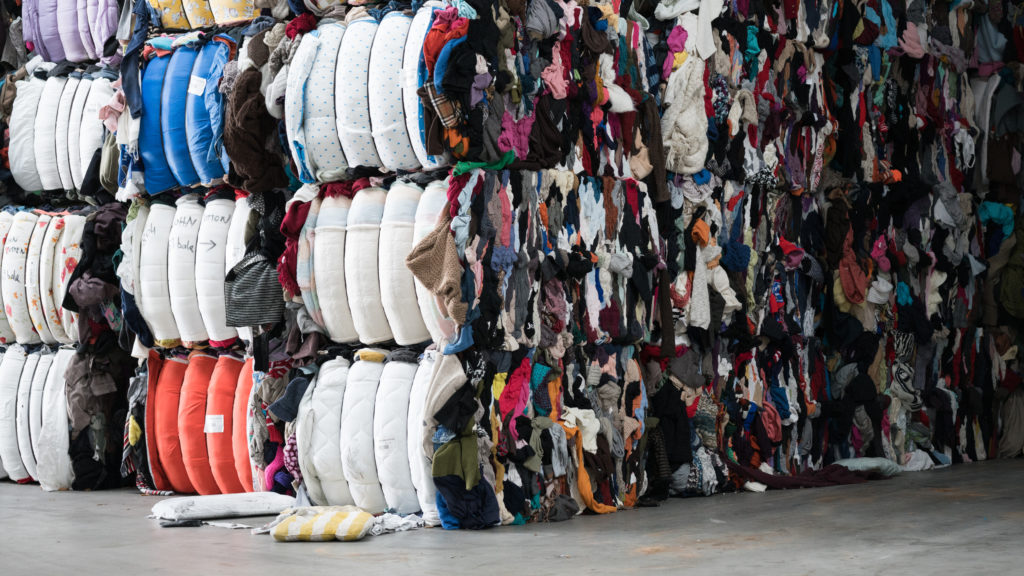The letter— signed several recyclers including the CTR Group, Fortune Eximports, LMB Barry, Savanna Group, and Randisi Textiles — warns that a string of factors are hitting collectors including political uncertainty, exchange rates and cash flow problems.
Textile collectors pay for clothes, largely from charity shops and textile banks, and then sell them to be reused abroad. Demand for second-hand clothes is highest in markets in Eastern Europe, the Middle East and Africa.
Disruption
The letter explains that for Eastern Europe, the ongoing conflict between Ukraine and Russia has disrupted the market for goods exported to Poland, with Ukraine being a significant end market.
“The closure of this market due to the war has created a substantial setback for rag collectors,” the letter states.
Meanwhile, it adds that political uncertainty in Pakistan is also having an impact.
The rag collectors note that approximately 50% of goods, particularly sorted original clothing, are routed to Pakistan and then distributed to landlocked countries with severe winters.
However, the letter goes on to say that the “political crises in Pakistan” has led to a doubling of currency exchange rates against GBP and a “significant increase in duty structures”, reaching the extent where suppliers are “compelled to pay recipients to accept containers”.
In Africa, the collectors explained that West Africa serves as a major market for English goods.
However, political uncertainty in Niger, Burkina Faso, Mali, Sudan and Guinea, along with and the exchange rate volatility, is impacting this market too.
“This has brought business in the region to a standstill, aggravated by the unavailability of FOREX in
banks,” the letter adds.
Costs
On top of this, the letter notes that major processing companies in England have been forced to shut down their operations “due to very high overheads”.
Geographically, Dubai is in the “perfect location” for processing, but the increase in transit time has resulted in goods spending more time in transit, causing “substantial financial strain and cash flow blockages for rag collectors”.
The letter added that the collectors are requesting some form of “government intervention” to safeguard the charitable institutions “raising funds for noble causes in the UK but also highlight the challenges faced by these collectors”.
Market
While rag collectors have warned that the price they are able to pay is forever reducing, it may take some time for this to be accepted by customers selling material.
There is often an impasse in the textile recycling market between those collecting the material and those selling it.











Subscribe for free